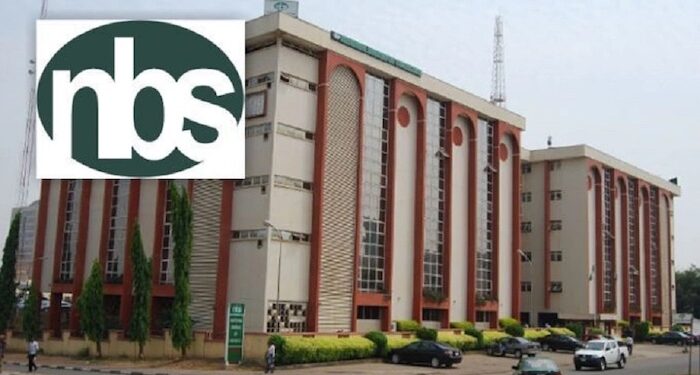The latest Consumer Price Index (CPI) report released by the National Bureau of Statistics (NBS) reveals that the inflation rate in Nigeria continued to rise, reaching 22.41 percent in May 2023 compared to 22.22 percent in the previous month. This marks the fifth consecutive increase in the country’s inflation rate this year, attributed to the impact of the recent removal of petrol subsidies.
The NBS report states that the May 2023 headline inflation rate increased by 0.19 percentage points compared to April 2023. On a year-on-year basis, the inflation rate was 4.70 percentage points higher than the rate recorded in May 2022, which was 17.71 percent. Similarly, on a month-on-month basis, the headline inflation rate in May 2023 rose to 1.94 percent, an increase of 0.03 percent from April 2023.
The report highlights that the average general price level in May 2023 was 0.03 percent higher than in April 2023. Additionally, the food inflation rate in May 2023 stood at 24.82 percent on a year-on-year basis, showing a 5.33 percent point increase compared to May 2022. The rise in food inflation was primarily driven by increases in the prices of oil and fat, yam and other tubers, bread and cereals, fish, potatoes, fruits, meat, vegetables, and spirits.
On a month-on-month basis, the food inflation rate in May 2023 was 2.19 percent, marking a 0.06 percent increase from April 2023. The average annual rate of food inflation for the twelve-month period ending in May 2023 was 23.65 percent, reflecting a 4.97 percent point increase from the average rate recorded in May 2022.
In terms of regional variations, Ondo, Kogi, and Rivers experienced the highest food inflation rates on a year-on-year basis, while Taraba, Sokoto, and Plateau recorded the slowest rise in headline inflation.


